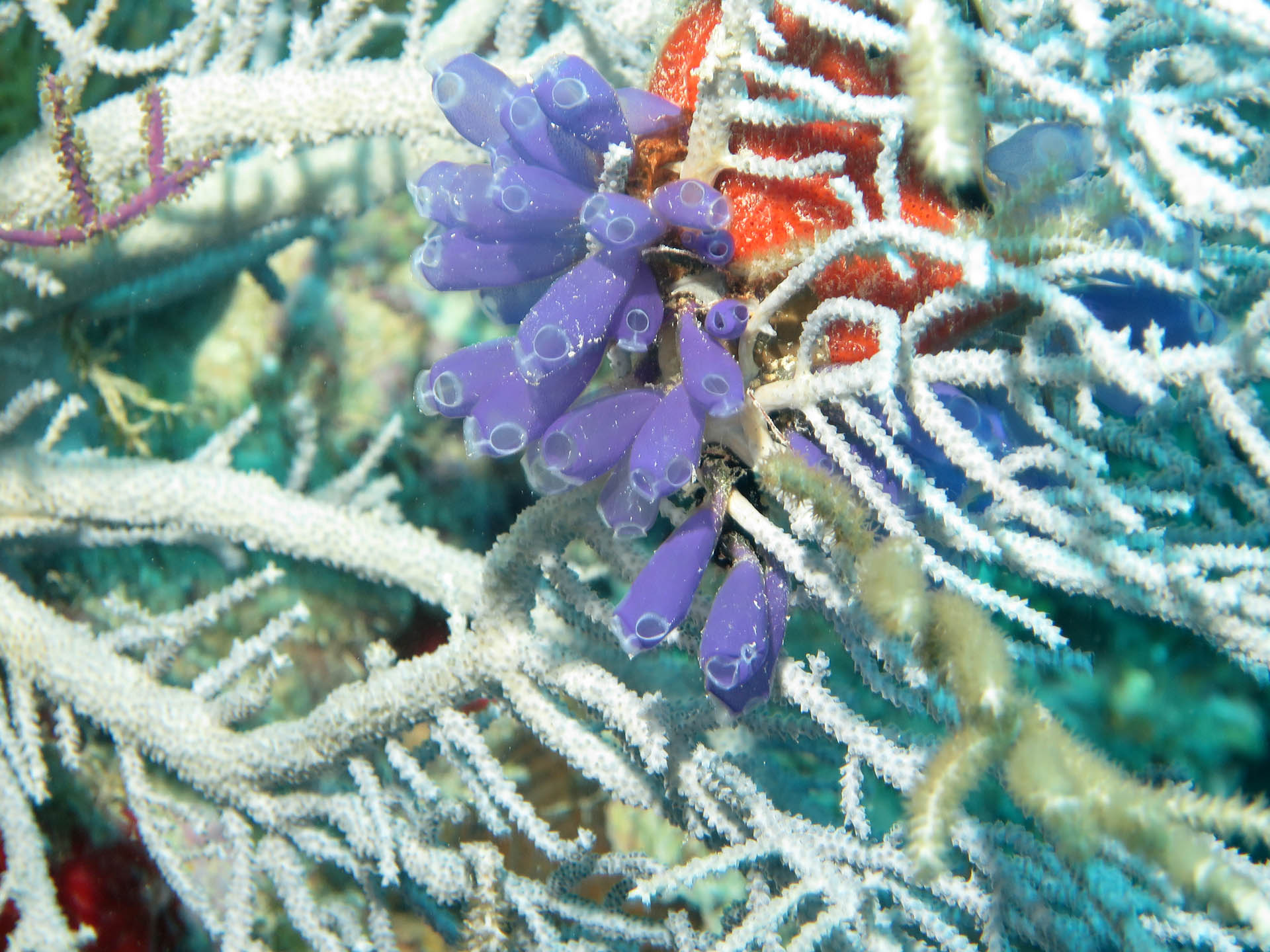Photo: Alex Rogers
Prof Alex Rogers participated in a Press Briefing organised by Science Media Centre .
Here is the expert panel’s reaction to the recent IPBES-IPCC workshop report on biodiversity and climate change.
A related article was printed in The Guardian
In addition, Alex Rogers has provided the following input to the workshop:
There are two global crises facing humanity at present: the climate crisis and the biodiversity crisis. I think it is fair to say that most people are aware of climate disruption but not so aware of biodiversity loss and are probably even less aware of the connections between the two.
This workshop report is a first collaboration between the Intergovernmental Science-Policy Platform on Biodiversity and Ecosystem Services (IPBES) and the Intergovernmental Panel on Climate Change (IPCC). The workshop was co-sponsored by these two international panels, but it is important to emphasise that the workshop report has not been subject to IPBES or IPCC review.
The report has been put together by a selection of the world’s experts on the interaction between climate change and biodiversity and has been subject to peer review.
I’m a marine ecologist who has been working on marine biodiversity for the last 30 years. It is very disturbing to see that coastal ecosystems have lost on average 30-50% of their cover.
- Seagrass meadows 10% per decade loss 1970-2000
- Mangrove forests lost 40% cover, saltmarshes an estimated 60%.
- Coral reefs have lost half their cover of corals since 1870.
- Since 1970 the abundance of oceanic sharks and rays has declined by 71% and three quarters of these species are now threatened with extinction.
The causes of this biodiversity loss in the ocean vary. They include overfishing and the destructive effects of fishing, coastal development (in China more than 60% of the coastline is artificial), pollution, invasive species and increasingly the direct effects of climate disruption (e.g. mass bleaching on coral reefs). Even where climate is not a direct driver of loss of marine ecosystems it interacts with other causes of species loss making them worse.
When we lose diversity we lose the critical contributions of nature to people. This may be through obvious services such as provision of food via fisheries but nature provides other services to humankind. For example, the global value of coral reef protection of coastlines from damage arising from extreme storm events has been estimated at $4 billion annually.
This report looks at how we can develop solutions, particularly nature-based solutions that address both the climate and biodiversity crises, but which also benefit people. It also examines how, if we don’t take a holistic view in tackling these problems it is quite possible to come up with solutions to climate change which actually harm biodiversity and people. An example might be planting a forest which comprises a single or a few species of trees which may not even be native species which stores carbon but does not provide habitat for many other species of animals and plants.
Finally, I’d like to acknowledge the wonderful contribution Bob Scholes, University of Witwatersrand, made to the conception and execution of this project and to his contribution to our understand of the interactions between ecosystems, the climate and human society. He was a colossus of global ecology and it was very sad that he passed away during the final preparation of this report.
